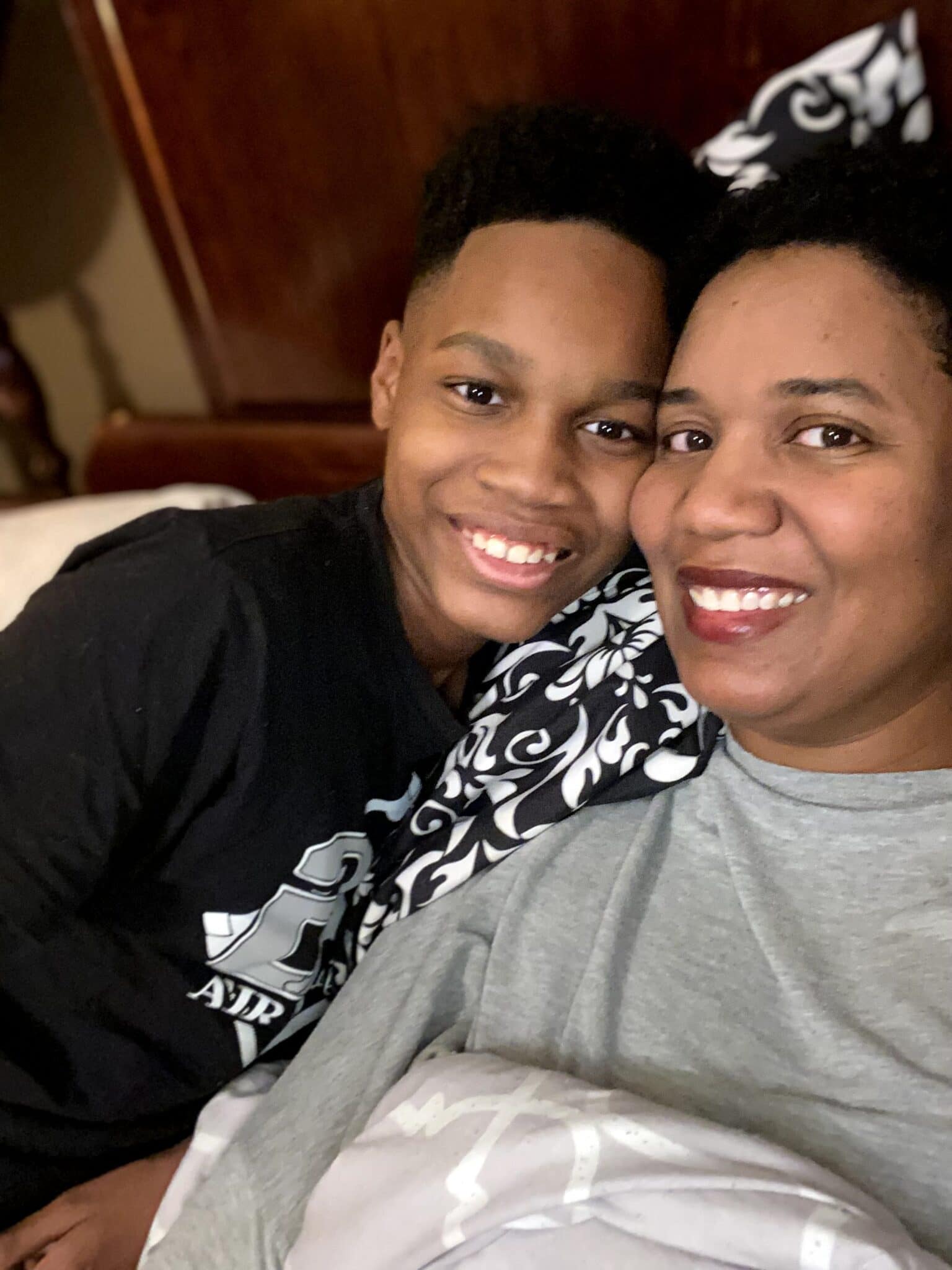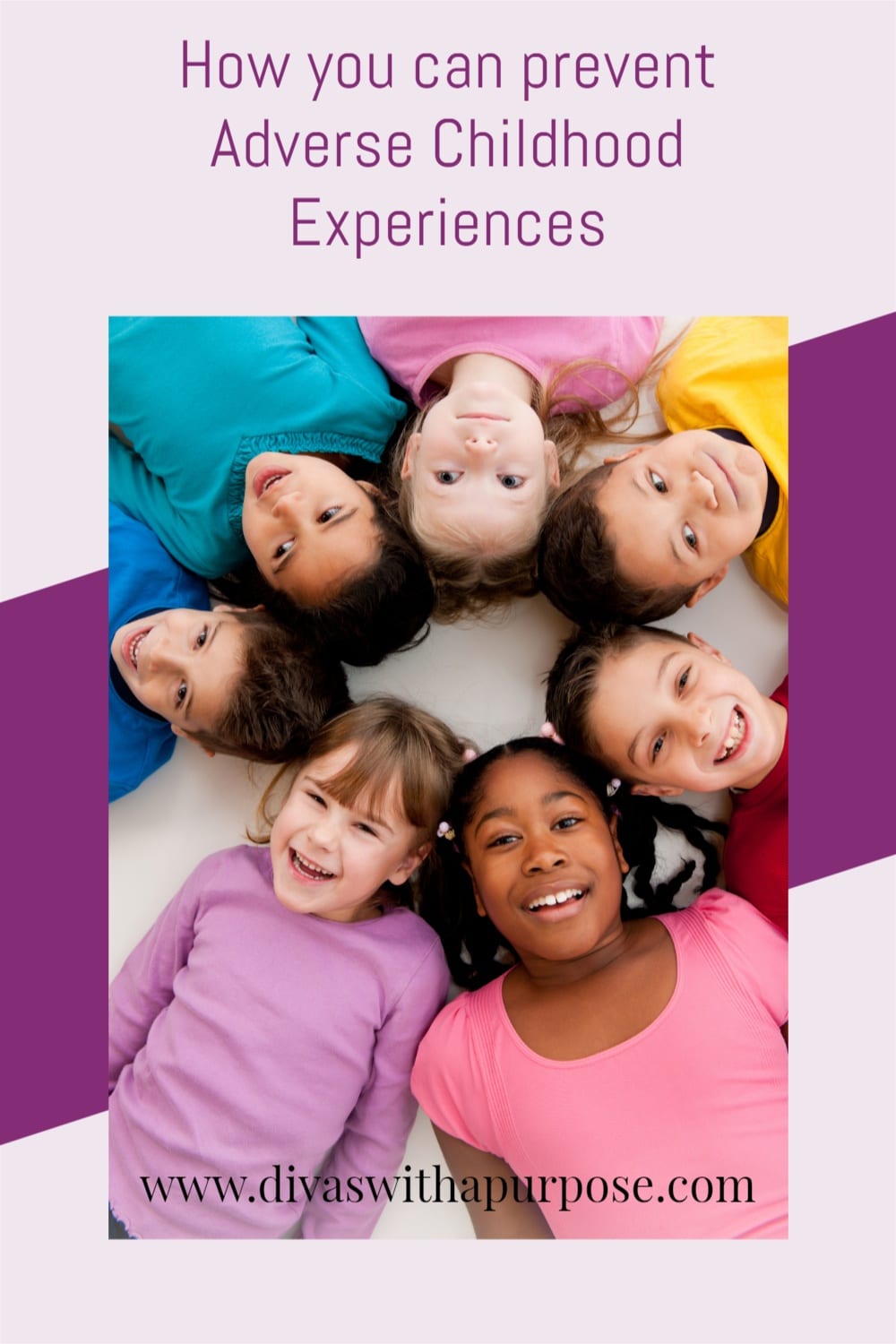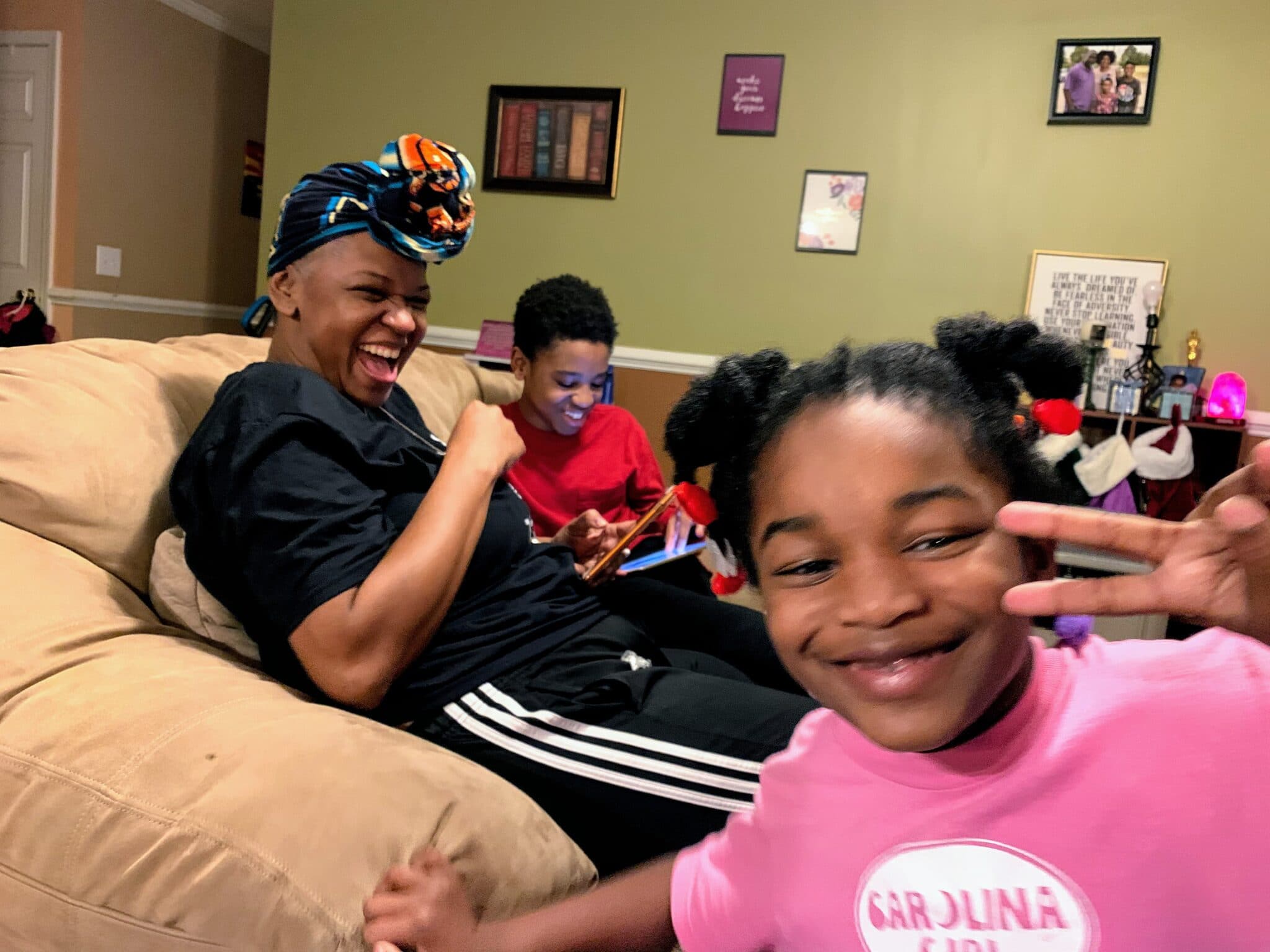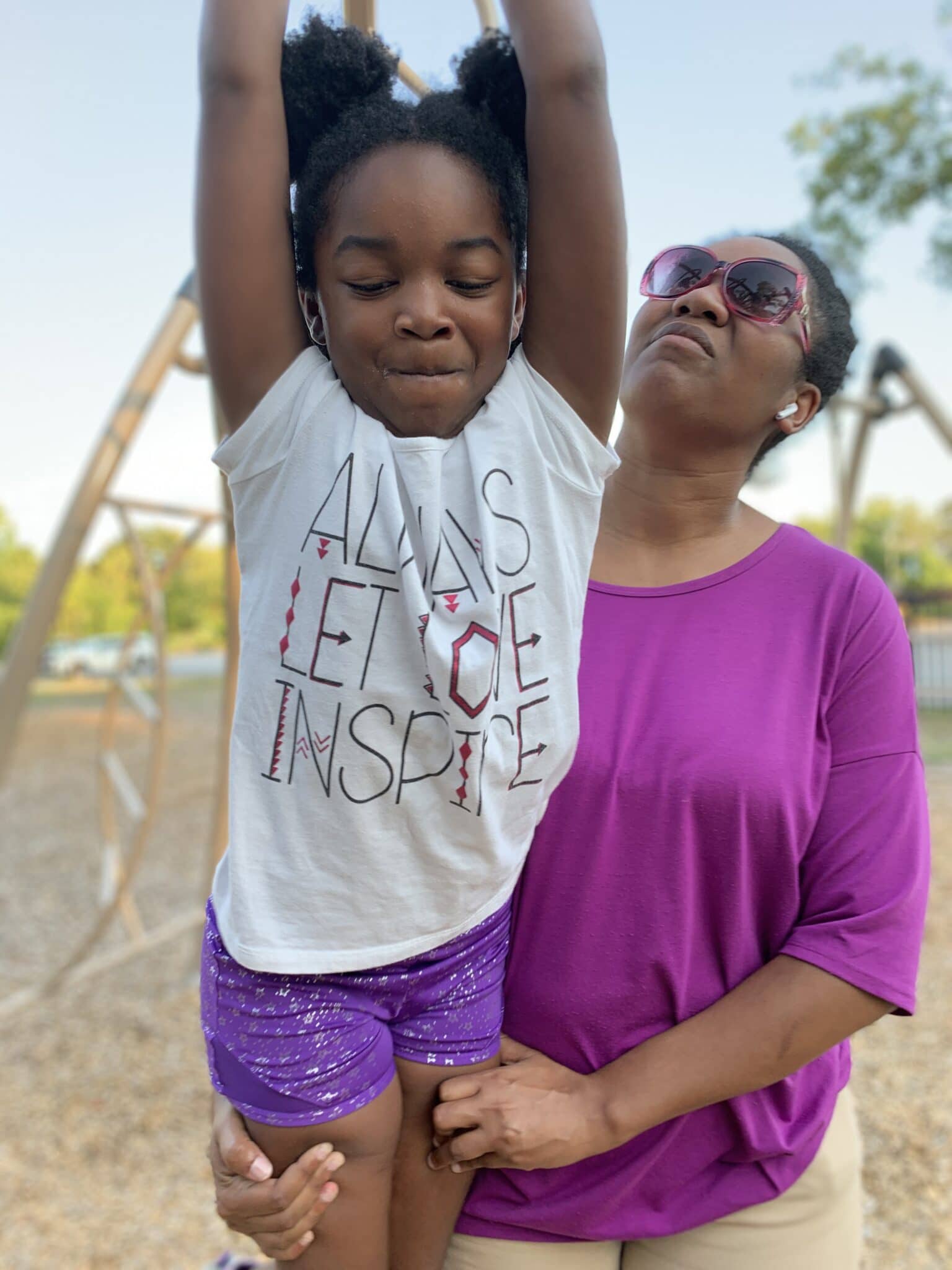How You Can Prevent Adverse Childhood Experiences
This post is made possible with support from the American Academy of Pediatrics through a cooperative agreement with the Centers for Disease Control and Prevention. All opinions are my own.
Over the last 18 months, I have shared my experiences with Adverse Childhood Experiences (ACEs) and ways we can prevent them. It’s been quite a journey. I started these conversations about three months after a mental health crisis I experienced. When I was first introduced to ACEs, my main focus was helping my children to heal. It was also important to provide information to other parents in similar situations. As parents, we want to ensure our children have the resources, time, and attention needed to buffer further stress. This topic also brought back memories of being a Big Sister with BBBS that I want to tell you about.

What are ACEs?
Adverse Childhood Experiences (ACEs) is the term for types of potentially traumatic adversities children may experience before their 18th birthday: physical, sexual, or emotional abuse; emotional or physical neglect; mental illness in the household; alcohol and substance use in the household; witnessing intimate partner violence in the home; having a parent or family member incarcerated; parent separation or divorce; and death of a parent or sibling. Approximately two-thirds of adults have experienced at least one ACE in their lifetime. The more ACEs a child experiences, the greater their risk for mental, physical, and emotional problems later in life.

Having a support system and positive relationships is essential
Can you identify specific adults that made a difference with their time and presence in your life growing up? Having these people are important to helping to prevent ACEs. Why? They help to create safe, stable, nurturing relationships and environments. That is the key to not only preventing Adverse Childhood Experiences but lifelong health and success. Establishing that foundation provides an opportunity to thrive during a child’s formative years.

It’s important that you #FindYourThree and help your children do the same
My uncle, godmother, and best friend’s mother are three people from my childhood that I knew that I could depend on to be there in different capacities throughout my childhood.
The need for safe and secure relationships does not end when we turn 18. As adults, it is important to let others in, be intentional about creating connections and identify three people or resources to rely on. Why? Our childhood experiences build the foundation for how we behave as adults. Even if we did not have the support we needed growing up, we have the opportunity to be what we did not get to others.
Who should be a part of your support system
Your three will help to create and maintain safe, stable, nurturing relationships and environments. They can be a combination of people or organizations that you can rely on. I challenge you to determine who your three are and call on them when you need to.
Creating safe, stable, and nurturing relationships and environments (SSNREs) in childhood can help children grow and thrive and can have positive effects throughout their lifetime. This is why it’s important to help the children in our life foster those relationships and help them find their three, as well.

My Experience With Big Brothers Big Sisters (BBBS)
Big Brothers Big Sisters (BBBS)helps children realize their potential and build their futures. The goal is to nurture children and strengthen communities.
I had the opportunity to be a part of BBBS in my early 20s. The connection and memories I made with my Little were priceless. It was explained to me that my role was to be a consistent presence in her life. The commitment to the program was stressed. The chldren we were connected with had lots of experience with disappointment at a young age. Our goal was to just be there and provide a safe and nurturing enviroment for them.
The children in the BBBS program gain more confidence and feel better about themselves. They tend to stay away from drugs and alcohol and improve in school. My Little and I would often go over homework together. We were able to work through areas she was struggling in. She was shy and often felt uncomfortable asking for help in class. I remember sharing with her that there were probably others who had the same questions and by asking questions she was helping others. If it was something she truly didn’t want to ask aloud, I encouraged her to write questions on her homework assignments for her teacher to see. Simple actions and conversations make a world of a difference in the life of a child.
I didn’t realize it at the time but it was the beginning of my work as a part of someone else’s support system. I treasure the lessons I learned from the children I met. They changed me and I pray I had a small impact on their journey, as well.
Continuing the work to prevent Adverse Childhood Experiences
It’s been a year since the pandemic changed our daily routines. During this time, families have spent more time together, bonded on different levels, and learned more about how they communicate with each other. While the times we are in are not an ACE since it’s a collective experience, the opportunity for ACEs to occur has increased. Having our support system and leaning on them is essential to our families’ safety and wellness. Learning more about ACEs and the effects they may have helps us to recognize signs. We can also create small moments to let the children around you know that you care and are available to listen when they need a trusted adult.
